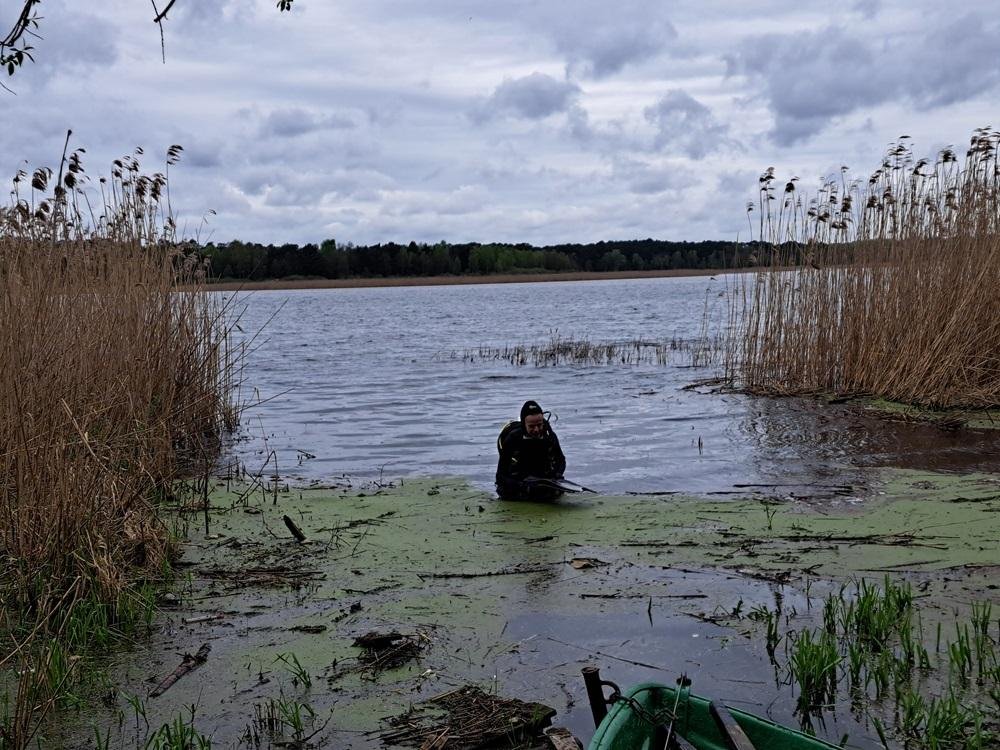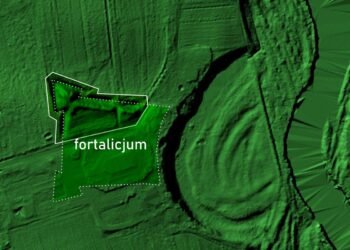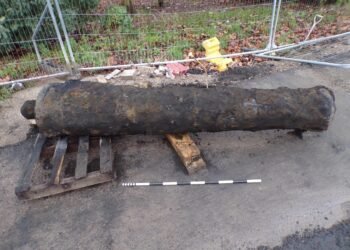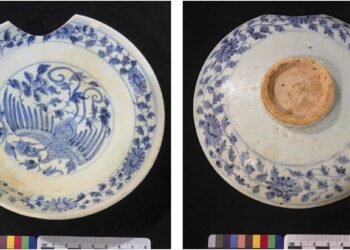Archaeologists from the University of Warsaw have unearthed the first known Celtic ritual lake site in Poland, dating back to the third century BCE. This finding is set to revolutionize the understanding of Celtic history in the region.

The presence of these artifacts in Poland is particularly notable because, until now, it was believed that Celtic settlements in this region only emerged in the first century BCE. The artifacts, however, suggest a much earlier Celtic presence, pushing the timeline back by two centuries. This discovery was precipitated by the uncovering of a third-century BCE Celtic sword, now housed in the Land Forces Museum in Bydgoszcz. Researchers were able to trace the origins of the sword to a specific lake, which led to the subsequent underwater excavation.
“Firstly, it confirms the deposition of larger sacrificial deposits in Polish waters by the Celts – until now, only single Celtic swords found in rivers were known, mainly associated with the Przeworsk culture,” Professor Bartosz Kontny, dean of the Faculty of Archaeology at the University of Warsaw and head of the university’s underwater archaeology laboratory, explained in an interview with PAP. “This phenomenon is known in the broader Celtic areas, but there are only a few confirmed sites of this kind.”
The Celts, an Indo-European people, are known to have spread across a vast area of Europe, from the British Isles to the Carpathian Basin, and from the Iberian Peninsula to northern Italy, Silesia, and the San river basin. The term “Celt” itself, derived from the Greek “Keltoi” used by Hecataeus of Miletus in the early sixth century BCE, has evolved in modern scholarship to refer to speakers of Celtic languages rather than a single ethnic group.
The artifacts found in Kuyavia align with the known practices of the Celts, who were famous for offering weapons, blacksmith, carpenter, and kitchen tools to their gods. Such offerings have been previously found in other parts of Europe, but this is the first confirmed site in Poland, making it an unprecedented discovery for the region.
The exact location of the lake is being kept confidential to prevent disturbance and illegal looting. Further archaeological work is planned at the site, with researchers aiming to uncover more about the extent and nature of the Celtic presence in Poland. This research is expected to continue until the autumn, after which more details may be disclosed.
More information: PAP























